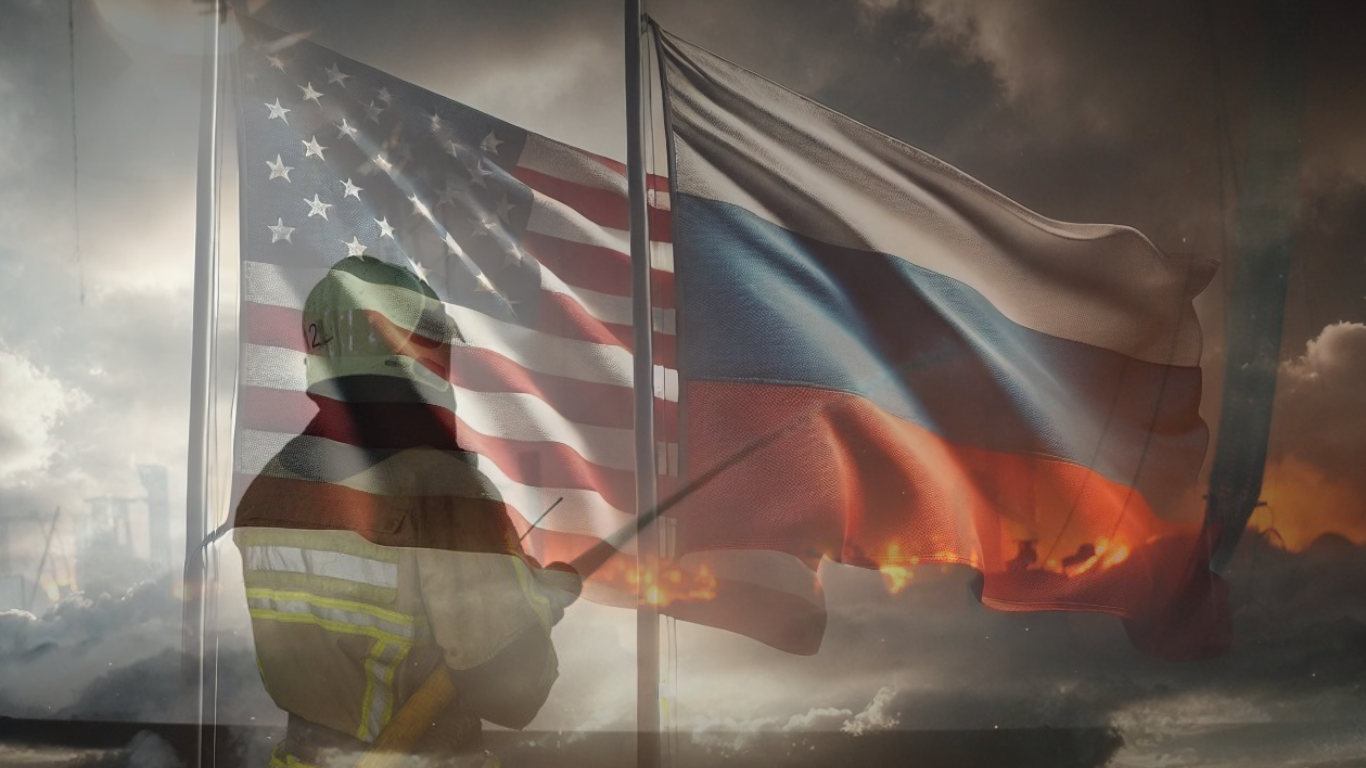Russia's unleashing its most aggressive aerial assault in the history of the war in Ukraine has raised increasingly worrying questions about the measures the US might take against Moscow going forward. This was indeed the harshest response given to US leadership, especially if it had been expecting a softer tone - and in response of which over 600 drones and ballistic missiles rained down across the country, targeting infrastructure, civilian zones, and notably, the American-owned Flex Ltd. facility in Mukachevo—a town nestled near the borders of two NATO member states. The timing, location, and symbolism of this strike suggest it was not merely a military manoeuvre. It was a calculated provocation. In a single sentence, the message was clear: Russia is testing Washington’s patience.
This wasn’t the first time Russia has struck deep into Ukrainian territory. But this attack was different. Mukachevo is not a strategic location—it’s a geopolitical pressure point. By targeting a region adjacent to NATO borders and destroying a facility owned by a U.S. company, Russia crossed a line that many believed it would avoid. The fact that injuries were reported only underscores the human cost of this escalation.
What makes this strike even more consequential is its timing. It came just days after two high-profile meetings: the Alaska summit between Trump and Putin, and the Washington gathering between Trump and European leaders. Both meetings were framed as steps toward de-escalation, with Trump positioning himself as a broker of peace. Yet, Russia’s actions suggest a different interpretation—one that views diplomacy not as a path to resolution, but as a stage for defiance.
Some Ukrainian and Russian analysts have described the Mukachevo strike as a direct challenge to both the United States and NATO. And they’re not wrong. The destruction of an American business on Ukrainian soil, in a region bordering NATO allies, is not a coincidence—it’s a signal. It tells Washington: We are not afraid of your red lines.
President Trump’s response, posted on Truth Social, was telling. He wrote that Ukraine cannot win the war without fighting back Russia. While he didn’t mention Flex Ltd. by name, many experts interpreted the post as a veiled reaction to the Mukachevo strike. Some saw it as frustration with Putin’s cold reception at the Alaska summit. Others viewed it as a shift in tone—a move away from cautious diplomacy toward a more confrontational posture.
Either way, the implications are serious. Russia’s strike has forced a reckoning. American companies operating in Ukraine now face heightened risk. NATO’s eastern flank is under renewed pressure. And the West, must now decide whether to respond with words or with action.
In the end, Russia may find that this provocation comes at a steep cost. The destruction of Flex Ltd.’s facility may have been intended as a symbolic blow, but it could galvanize bipartisan support for stronger measures against Moscow. Sanctions, military aid, and diplomatic isolation are all tools that Washington may now wield with greater urgency.
The war in Ukraine has entered a new phase—one where civilian targets are fair game, and American interests are no longer immune. If Russia believes it can erode U.S. influence through intimidation, it may soon discover that Washington’s patience, while deep, is not infinite.
And when that patience runs out, the consequences will echo far beyond Mukachevo.

